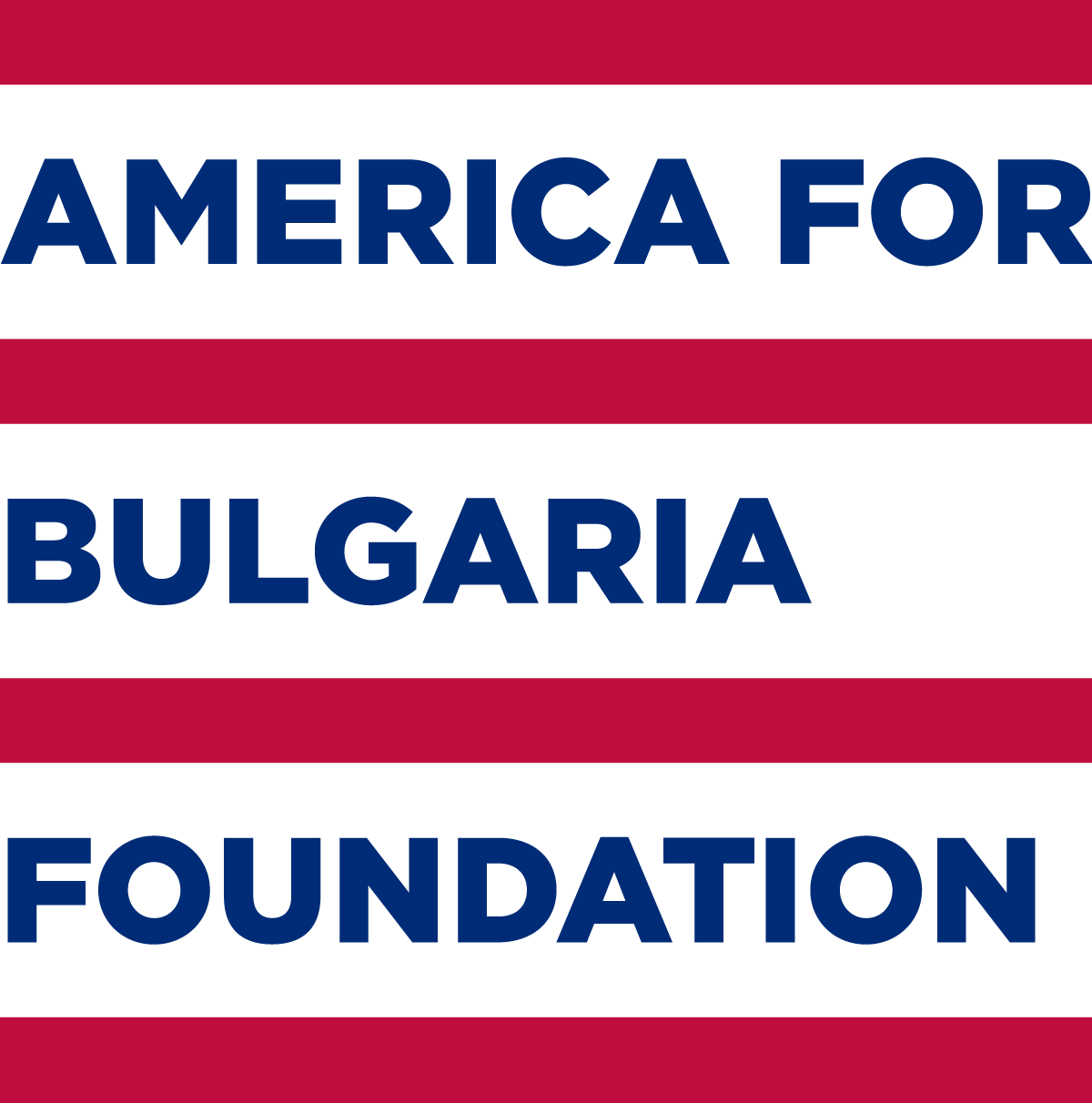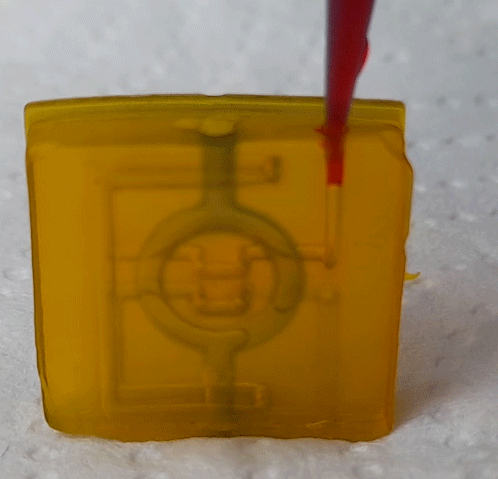Bioreactor for bioprinted tissues
MatriChem, an innovative Bulgarian startup and a leader in the development and production of bioinks and bioresins for 3D bioprinting, has been awarded in the "Science with a Future III" contest, an initiative by the America for Bulgaria Foundation and its partners. Our standout proposal, "Microfluidic Bioreactor for Bioprinted Tissues," secured this recognition. Funding and project oversight for the next 18 months, starting from July 2023, will be provided by the Beautiful Science Foundation. We express our profound gratitude for their generous donation.
Simplified scheme of the main components of the bioreactor setup including a pump (left), dissolved oxygen control unit (bottom right), and a bioreactor unit with an integrated bioprinted proto-tissue (top right).
Extrusion bioprinted scaled down (10x) aorta model injected with a red dye solution
Vascular models created by Digital Light Processing with in-house developed bioresins.
Problem Statement
Bioprinting represents a significant breakthrough in devising personalized regenerative therapy implants, including treatments for large joint lesions triggered by osteoarthritis (OA). However, the end product of a successful bioprinting process is not an immediately functional tissue, but a prototissue - a cluster of live cells typically encapsulated within a hydrogel volume. This prototissue then requires further cultivation under conditions approximating those within the human body as closely as possible.
However, the replication of in vivo conditions in current practices is often limited, typically maintaining only an environment of 37 degrees Celsius and 5% CO2, and doesn't adequately emulate the multifaceted complexity of conditions within the human body.
In the human body, the blood vessels play an essential role in supporting tissue function. They facilitate the transport of vital nutrients and oxygen to the cells while removing waste products. This biological dynamic is the inspiration behind perfusion bioreactors, which aim to simulate these intricate vascular functions in an in vitro environment.
However, we face a challenge in ensuring that perfusion bioreactors align effectively with the latest tissue engineering methodologies, such as bioprinting. A synergistic integration between these two areas is key to unlocking the full potential of bioprinting technologies in creating functional, implant-ready tissues.
Solution
A perfusion bioreactor meticulously simulates the intricate conditions of blood flow within a human's cardiovascular system. By directing a carefully selected liquid through a bioprinted prototissue, it assures the essential exchange of gases, nutrients, and metabolic waste products with the surrounding environment. This process, referred to as dynamic cultivation, parallels the physiological functionality of our bodies.
Moreover, the perfusion bioreactor induces a carefully calibrated shear stress on the walls of the vascular channels, a critical element for mimicking the mechanical forces encountered within the body. The level of this stress can be fine-tuned to match the specific needs of the desired tissue, thereby fostering a more accurate representation of the tissue's native environment. This precision aids in nurturing the bioprinted prototissue towards a fully-functional, implant-ready tissue.
Key Project Objectives
Demonstrate control over oxygen concentration during perfusion.
Demonstrate control over the shear stress in the bioprinted prototissue.
Construct a prototype of a microfluidic bioreactor for the incubation of bioprinted prototissues.
About America for Bulgaria Foundation
America for Bulgaria Foundation is an independent, non-governmental and non-political American charity foundation which works in partnership with Bulgarian organizations to strengthen the private sector and democratic institutions in the country.
The foundation is the result of the success of the Bulgarian-American Investment Fund (BAIF), established in 1991 by the US Congress with the support of the US Agency for International Development. For more information: www.us4bg.org.
Financial support for MatriChem under the project “Microfluidic Bioreactor for Bioprinted Tissues” is provided by the America for Bulgaria Foundation. The statements and opinions expressed here belong solely to MatriChem Ltd. and do not necessarily reflect the views of the America for Bulgaria Foundation or its partners. The America for Bulgaria Foundation is not responsible for the developed products and/or technologies, nor for their application.






